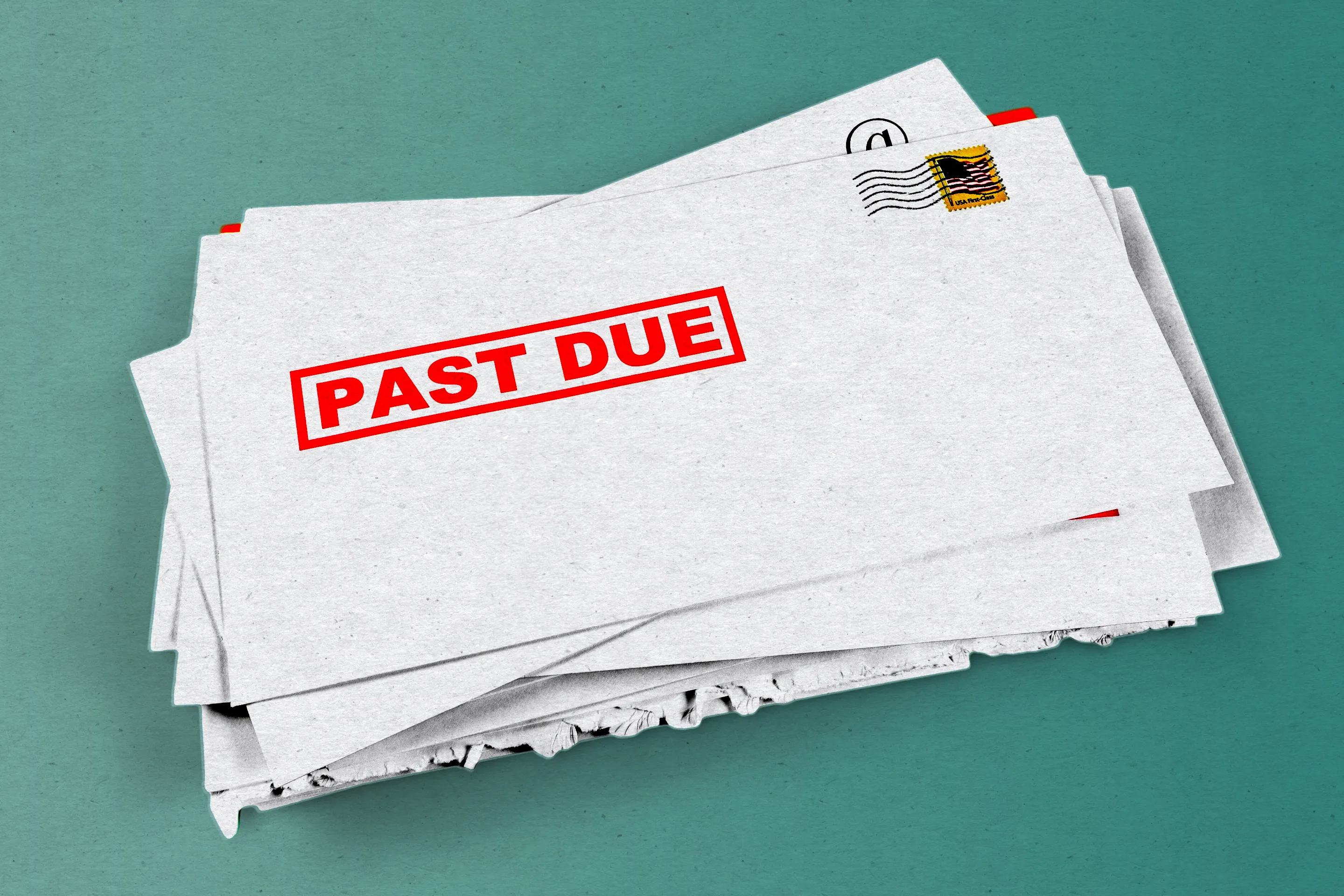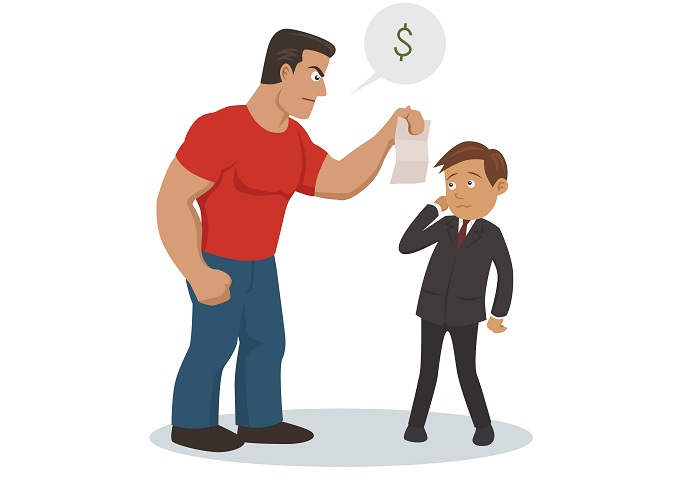In the intricate world of debt collection, navigating the legal landscape and understanding the various actors involved is crucial. One key player in this process is the third-party debt collector, an entity that bridges the gap between creditors and debtors, aiming to facilitate debt recovery and ensure compliance with legal regulations. This article from NT International Law Firm aims to help you better understand these third-party debt collectors.

Navigating the Debt Maze: The Role and Legality of Third-Party Debt Collectors
Understanding Third-Party Debt Collectors:
Legally, third-party debt collectors are defined as individuals or organizations engaged in the business of collecting debts owed to another. They act on behalf of creditors, such as banks, businesses, or even individuals, to recover outstanding debts through various methods like negotiation, communication, and legal action.
Characteristics and Roles:
Third-party debt collectors play a multifaceted role in the debt collection process:
- Intermediary: They act as a neutral bridge between creditors and debtors, facilitating communication and negotiation to reach agreeable terms for debt repayment.
- Debt Recovery Experts: Utilizing their expertise and knowledge of debt collection laws, they employ various strategies to maximize debt recovery, including negotiation, payment plans, and legal action when necessary.
- Compliance Champions: They ensure both parties adhere to the legal framework governing debt collection practices, protecting the rights of both creditors and debtors.
- Risk Minimization: By outsourcing debt collection, creditors can save resources and minimize the risks associated with internal collection efforts.

Legal Basis and Regulations
Legal Basis and Regulations:
Third-party debt collection is governed by a complex web of laws and regulations at both national and international levels. Some key legal frameworks include:
- Fair Debt Collection Practices Act (FDCPA): In the United States, the FDCPA protects debtors from unfair and abusive debt collection practices, outlining specific communication protocols and limitations on collector behavior.
- Regulation 2014-04 of the Consumer Financial Protection Bureau (CFPB): This regulation further strengthens consumer protection in debt collection, addressing issues like harassment, false statements, and unfair credit reporting practices.
- European Union Consumer Credit Directive (CCD): In the European Union, the CCD protects consumers from unfair debt collection practices and promotes transparency in credit agreements.
Third-Party Debt Orders:
In some cases, creditors may seek a garnishment order, also known as a third-party debt order, through a court. This order instructs a third party, such as a bank or employer, to withhold funds from the debtor’s account and direct them to the creditor to satisfy the outstanding debt. This legal procedure has its own set of regulations and limitations to protect the debtor from undue financial hardship.

Examples of Third-Party Debt Collectors
Examples of Third-Party Debt Collectors:
- Debt collection agencies: These specialized companies employ professional debt collectors to handle debt recovery for various clients.
- Law firms: Some law firms offer debt collection services alongside their legal expertise, providing creditors with a comprehensive debt recovery solution.
- Recovery agencies: These entities specialize in recovering debts from specific sectors, such as healthcare or student loans.
The Ethical Landscape:
While third-party debt collectors play a legitimate role in the financial system, their practices can sometimes be controversial. Ethical considerations and responsible debt collection practices are crucial to ensure fairness and protect vulnerable debtors.
Conclusion:
Understanding the role and legal framework of third-party debt collectors empowers both creditors and debtors. By navigating the debt maze with awareness and informed decision-making, both parties can achieve a fair and responsible resolution to debt issues.
NT International Law Firm is Here to Help You
NT International Law Firm has addressed the question of what third-party debt collectors are. If you have any further questions or concerns regarding civil law, please contact our law firm immediately for expert legal advice.
If you require any legal assistance, please feel free to reach out to us via phone at 090 252 4567 or through email: info@ntpartnerlawfirm.com. At NT INTERNATIONAL LAW FIRM, our team is committed to offering you prompt and personalized advice.
You also might be interested in:
“The article’s content refers to the regulations that were applicable at the time of its creation and is intended solely for reference purposes. To obtain accurate information, it is advisable to seek the guidance of a consulting lawyer.”

LEGAL CONSULTING SERVICES
090.252.4567NT INTERNATIONAL LAW FIRM
- Email: info@ntpartnerlawfirm.com – luatsu.toannguyen@gmail.com
- Phone: 090 252 4567
- Address: B23 Nam Long Residential Area, Phu Thuan Ward, District 7, Ho Chi Minh City, Vietnam
